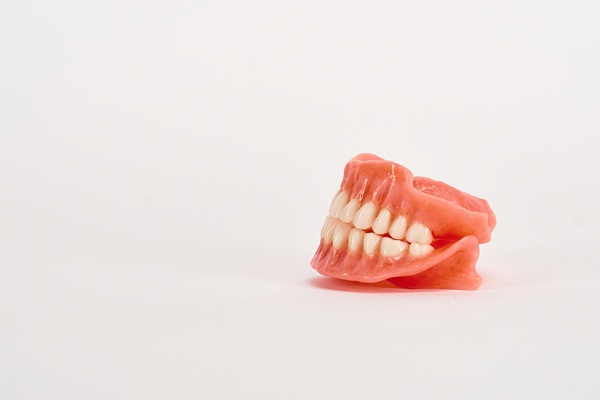What Can Veneers Be Used For?

Dental veneers have many uses in dentistry. These versatile tooth-shaped restorations are bonded to the front part of the teeth, and they hide any defects behind them. Veneers look just like real teeth, and they can be used to turn any smile into an amazing one.
The installation of veneers typically requires removing enamel from all four sides of the tooth. This is done to prevent the veneers from making the patient's teeth appear abnormally bulky. The process cannot be reversed, so the tooth will always need a restoration to serve as its outer layer.
Popular uses of veneers in dentistry
Here are some of the reasons why a dentist might recommend veneers for a patient:
1. Stained and discolored teeth
Teeth are regularly exposed to things that can stain them like foods, beverages and habits like smoking. These types of stains can typically be removed with teeth whitening treatments. However, other types of stains like those caused by tetracycline antibiotics or fluorosis are not responsive to teeth whitening treatments. These types of stains need to be covered up with a restoration like a crown, veneer or composite bonding. Veneers are often recommended when most of these stains are on the tooth's front-facing side.
2. Chipped or broken teeth
A person's teeth can become chipped as a result of tooth decay, bite forces or trauma to the mouth. A chipped or broken tooth ruins the appearance of a person's teeth, but the damage is not always large enough to justify placing a crown on the tooth. Veneers can be used to hide such minor to moderate chips and breaks.
3. Poorly shaped or sized teeth
Some people end up with teeth that are irregular shaped. In many cases, their teeth could be healthy regardless of their deformity. Such patients do not need a crown to improve the appearance of a deformed tooth, since it requires the removal of enamel from all of the tooth's sides. Installing veneers requires the removal of less enamel and hides any deformities on the tooth it is covering.
4. Gaps between teeth
Veneers can also be used to close up spaces between teeth. Dentists do this by placing oversized veneers on the teeth closest to the gap on both sides. The veneers meet as healthy teeth should, improving the aesthetics of the patient's smile.
5. Poorly aligned teeth
Veneers can be used to create the impression of properly aligned teeth. Alignment issues like crooked teeth can often be masked by strategically placing veneers on the patient's teeth. This is typically done when the patient has other existing issues that require the use of veneers to fix. Patients with severe orthodontic issues might have to go with a more traditional approach like the use of metal braces.
Veneers enhance the way you look
Want an amazing smile you can be proud of? Call or visit our Peabody clinic to learn more about how our dentist can use veneers to improve your smile.
Request an appointment here: https://www.northside-dentalcare.com or call Northside Dental Care, PC at (978) 206-7077 for an appointment in our Peabody office.
Check out what others are saying about our services on Yelp: Read our Yelp reviews.
Recent Posts
Missing one tooth or multiple teeth can make it harder to perform everyday functions. It can also make you feel self-conscious about smiling. Dental implants not only restore the function and appearance of your smile, but they also help restore your everyday oral health.Dental implants are artificial tooth roots surgically placed in a person's jawbone.…
Wear and tear make denture repair inevitable in the long run. This is why a general dentistry practice that deals with dentures should have in-house facilities for minor and moderate repairs. The practice should also have quick access to a dental lab in case a patient needs major repairs for their dentures. Knowing when to…
Dental implants can replace missing teeth using a combination of screwlike metal posts and dental crowns, bridges, or dentures. Many consider implants state-of-the-art teeth replacement. Though dental implants can be an effective way to restore your smile, it is important to ensure they are right for you and understand how they work.Dental implants can support…
For many individuals with missing teeth, dental implants are an effective way to restore the appearance and function of their smile. However, like any medical procedure, there are potential risks and complications associated with getting dental implants. While these risks are relatively rare, it is important for patients to be aware of them before undergoing…


